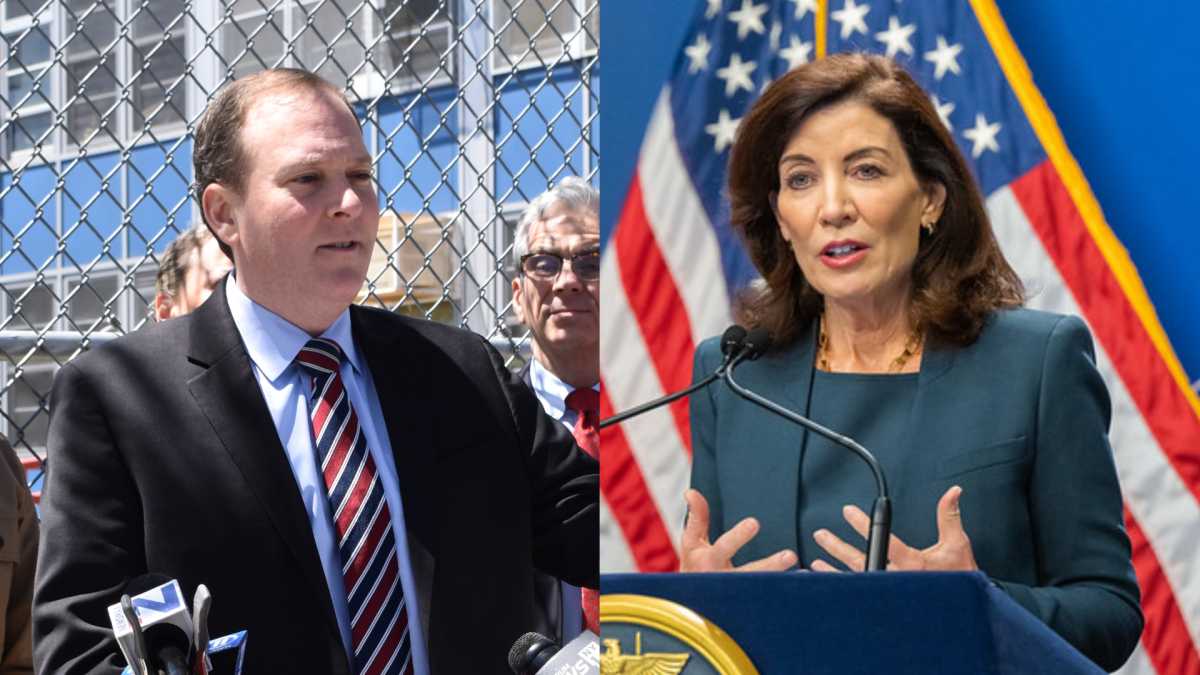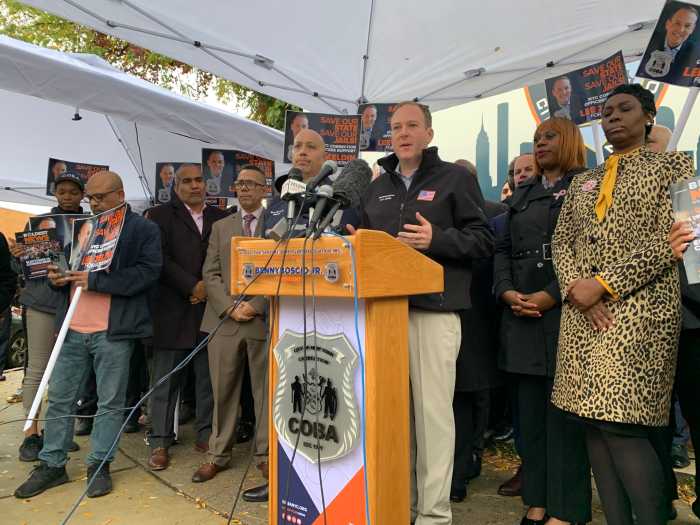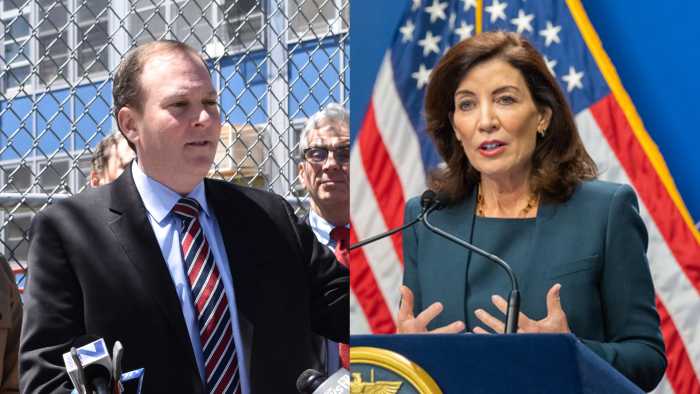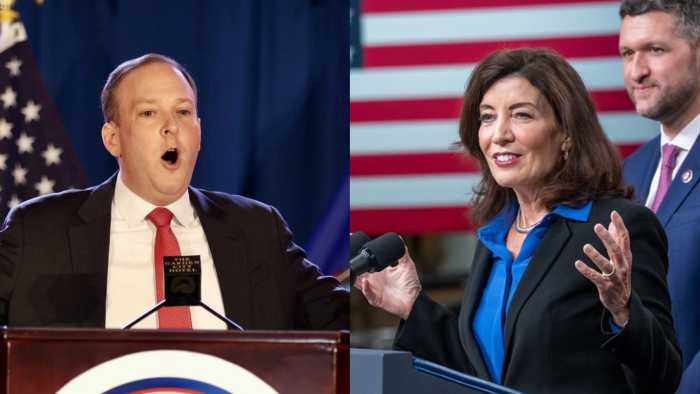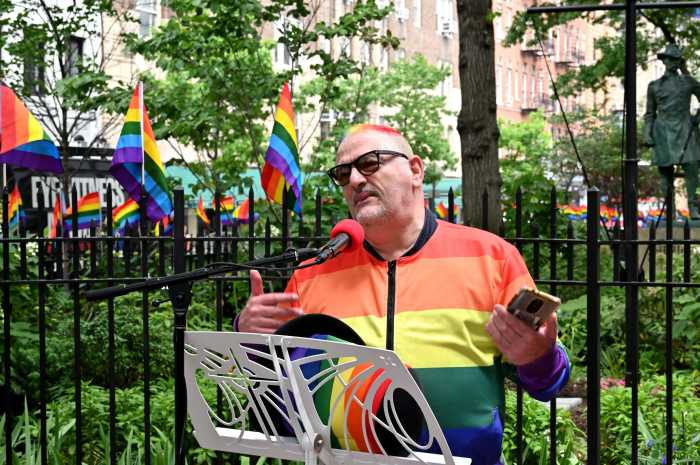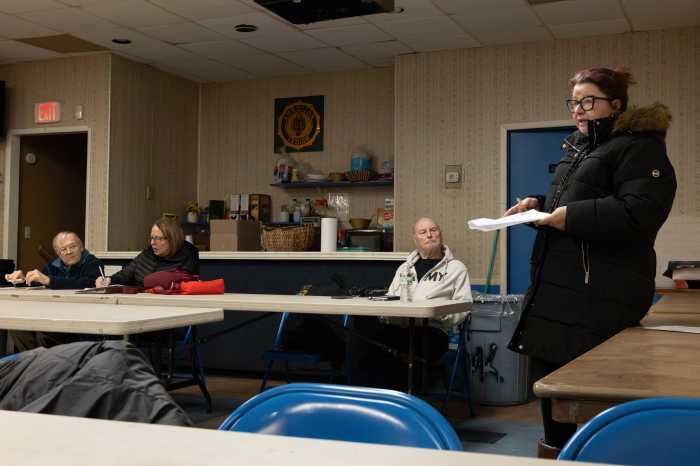
When it comes to debates, New York may be the Empire State but it’s no Land of Lincoln.
The thought comes to mind when thinking of the sorry state of political debates in New York – or lack thereof – in this year’s midterm elections.
Illinois is the state where Abraham Lincoln made a name for himself on the national stage with a barnstorming tour of debates in his losing U.S. Senate race to Stephen Douglas in 1858. While losing that election, the debates upped the profile of Lincoln and contributed to his being elected president two years later in 1860.
But debates in New York are increasingly a nonstarter, and in particular in this year’s midterm elections. This comes from the top down, beginning with Governor Kathy Hochul. Having ascended to the state’s top government position after the fall of former Governor Andrew Cuomo without ever facing a gubernatorial election, Hochul certainly should have agreed to a series of debates with Republican candidate Rep. Lee Zeldin.
Instead, after intense pressure, she agreed to just one debate, and that being on Spectrum’s NY1 tonight.
But at least Hochul agreed to one debate. Attorney General Letitia James has yet to agree to a single debate with Republican Michael Henry.
And this goes in many races throughout the state.
As a political media outlet, PoliticsNY hosted a series of well-attended zoom debates last year for city council races and this year in the Congressional and state Senatorial primaries. All were well attended.
We had planned to do the same with a number of congressional and state assembly and senate races in the upcoming general election. But we had to cancel it as many candidates refused to participate.
This includes three congressional races in Long Island, where our parent company, Schneps Media owns both the Long Island Press and Dan’s Papers, and the 11th Congressional race covering Staten Island and South Brooklyn between Republican incumbent Rep. Nicole Malliotakis and Democratic challenger Max Rose.
Here’s the thing. Debates hardly matter to stalwarts that always vote for the party no matter the candidate. But there is a wide range of independents and registered Democrats and Republicans that vote for the person and not the party. Debates help these voters make up their minds.
As we move into early voting starting this Saturday, Oct. 29 and to the General election on Nov. 8, it is crucial that voters not only turnout, but are also as educated as possible as to what separates candidates. Debates help do this.
Win or lose, shame on the candidates that have refused to debate.


